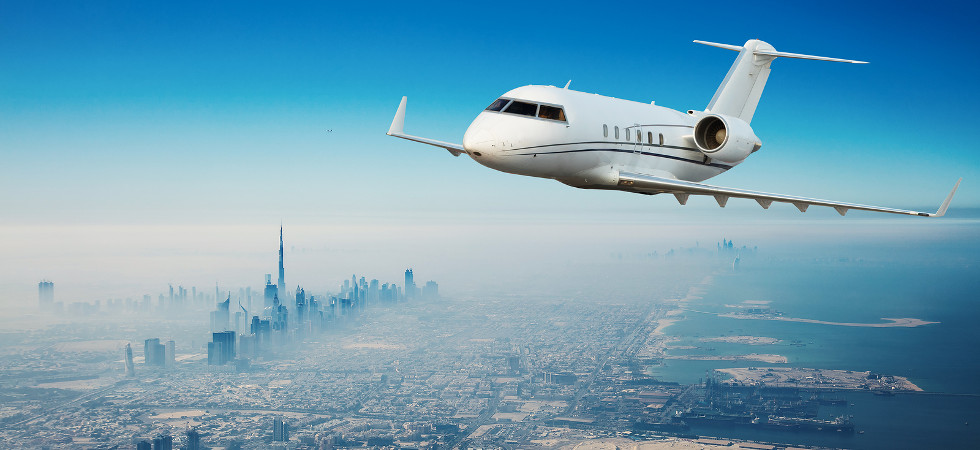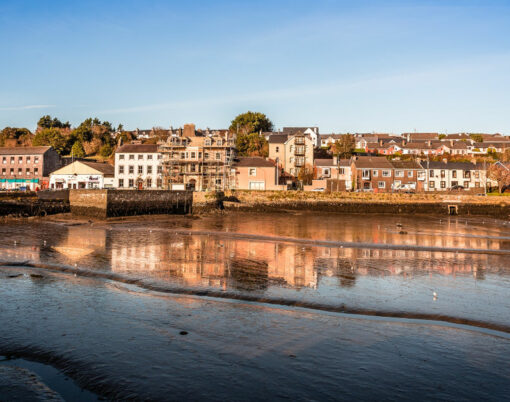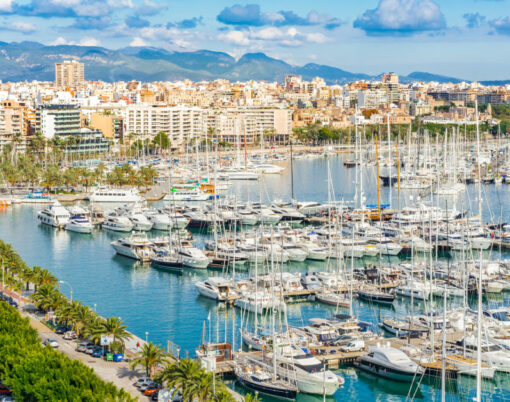Words by Mark Needham
The dream of owning an aircraft is one that many young boys hold dear, but only a few go as far as to investigate the realities of it in adulthood. So how easy is it to own your own aircraft, is it a good idea in practice, and what impact might the ‘B’ word have on your plans if you’re thinking of taking to the skies?
We know that the right of free movement within the European Union will almost certainly end with Brexit, meaning that we will become subject to the standard rules of admission applicable to “third-country nationals”. For those seriously thinking about entering the aviation market, this is likely to make the journey more turbulent, but then, faint heart never won fair lady.
In real terms, the day-to-day impact depends on what deal (if any) is struck between the UK and the EU, and what deal is reached in relation to the Customs Union. With Theresa May’s whack-a-mole withdrawal agreement still not completely dead, and B-day delayed until October, there is still a lot of uncertainty about the future relationship.
With due consideration to the following however, Brexit alone shouldn’t stop you pursuing your dream.

Tax considerations
The main concern for potential UK aircraft owners is the future tax status of their plane after Brexit in terms of VAT. The UK government has stated its ambition to avoid the need for any new VAT-related controls on goods, including aircraft, moving between the UK and the EU, but without a deal, the VAT status of an aircraft in Europe post Brexit is uncertain.
Most importantly, you should consider where to register your aircraft, where to register for VAT and which jurisdiction to establish the owning company of the aircraft in, before purchasing it.
Location, location, location
A large number of aircraft owners recover some of the cost of their asset by chartering to third parties. If this appeals, location should be among your primary considerations: it’s no good keeping your plane in a remote airfield near your home – it will need to be based at, or near to, a main commercial charter hub, because the costs of re-locating your aircraft to pick up charter clients for each booking is likely to make it commercially nonviable.
If you’re planning on keeping keeping your newest toy all to yourself however, hangaring it close to home does have obvious advantages.

The nitty-gritty
Some considerations endure, regardless of post-purchase location planning, such as the guarantees offered by the seller over the aircraft’s title, whether it is subject to a mortgage or finance arrangement, and what deposit, if any, the seller is asking for. Further, you should always be absolutely clear in what circumstances you can ask for your deposit to be returned, if indeed it’s refundable at all. With such a big purchase, these questions all need the careful attention of an expert.
The most important thing is to keep a level head, and try to avoid it becoming an emotional purchase – this is tough, but really important. Take the advice of those in the private aviation industry, and try to enjoy the process. After all, you only get one shot and with due diligence, the sky’s the limit.
Mark Needham is a Partner and Head of Luxury of Asset Law at Hannaford Turner. He can be contacted at mark.needham@htlegal.com or via the Hannaford Turner website: hannafordturner.com.






















